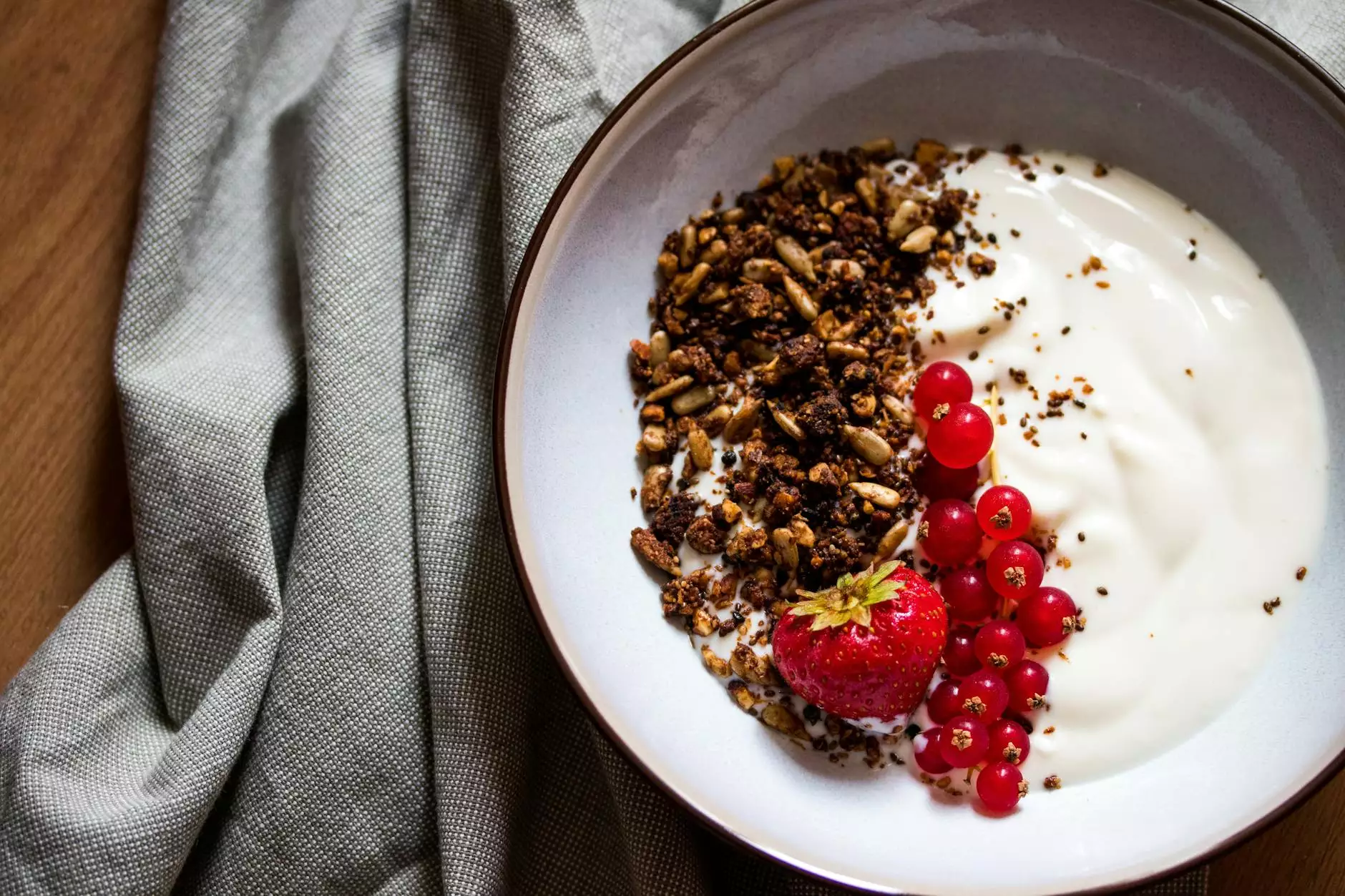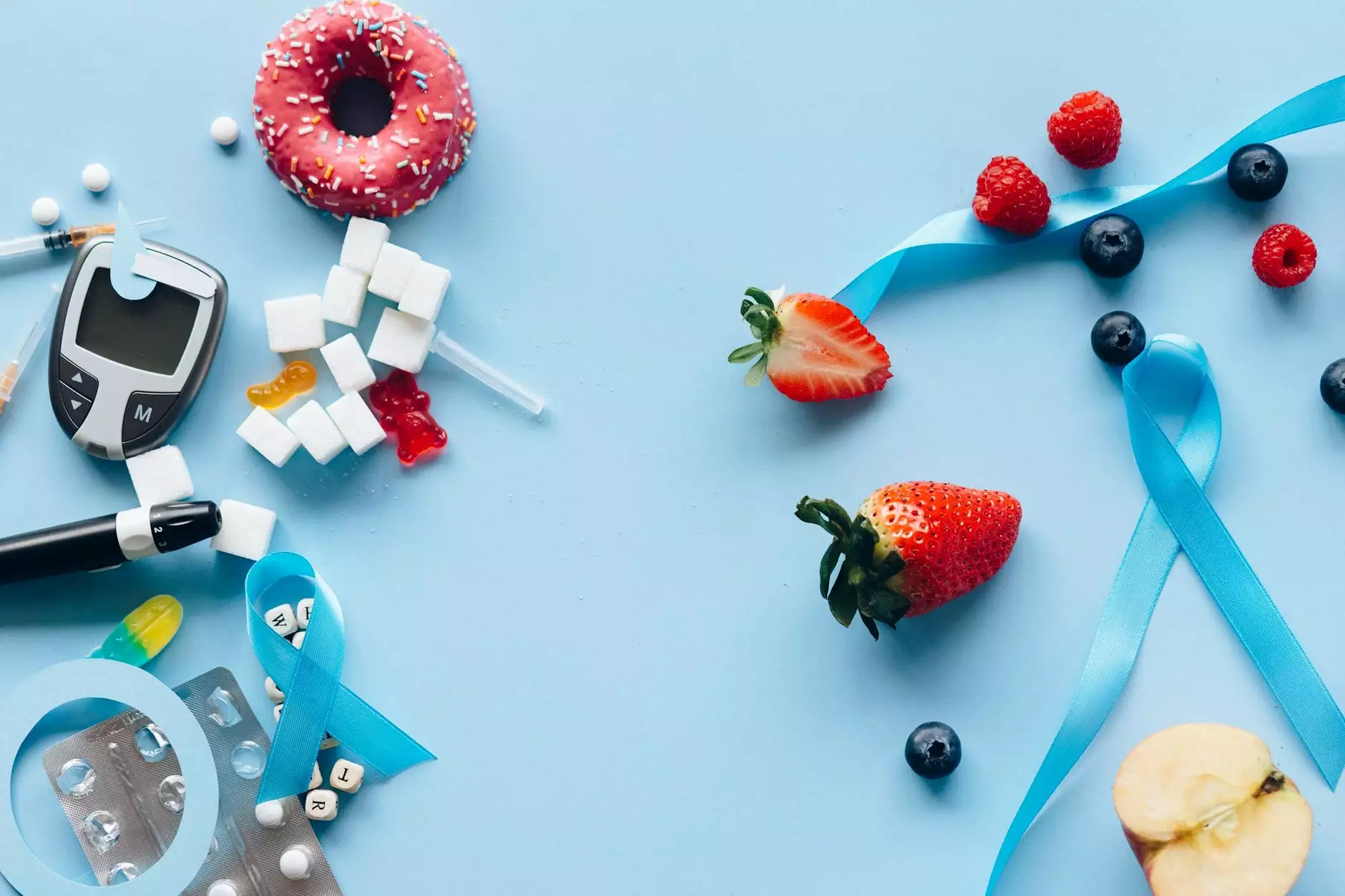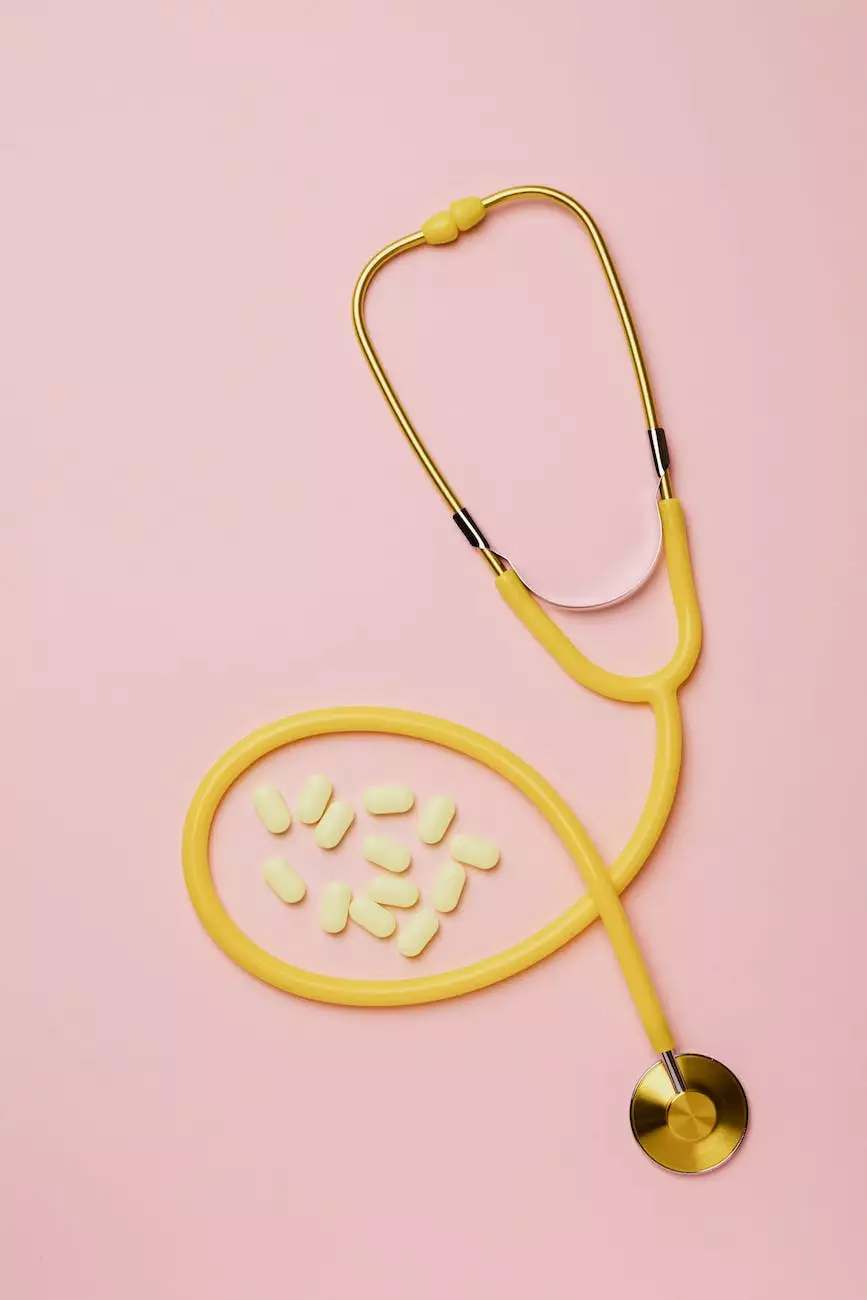Understanding the Difference Between Good and Bad Cholesterol

Welcome to Bay Regional Medical Center's comprehensive guide on understanding the difference between good and bad cholesterol. In this article, we will delve into the details of cholesterol, its impact on your health, and how you can maintain a healthy balance. Our expert team at Bay Regional Medical Center is committed to providing you with accurate and valuable information regarding your well-being.
What is Cholesterol?
Cholesterol is a waxy, fat-like substance found in our bodies and certain foods. It plays a crucial role in maintaining the integrity of our cell membranes and producing hormones, vitamin D, and bile acids necessary for digestion.
There are two types of cholesterol: LDL (low-density lipoprotein) and HDL (high-density lipoprotein). LDL is often referred to as "bad" cholesterol, while HDL is known as "good" cholesterol. Understanding the difference between these two types is essential for managing your overall health and reducing the risk of cardiovascular diseases.
The Role of LDL Cholesterol
LDL cholesterol is considered "bad" because it can build up in the walls of your arteries, leading to the formation of plaque. Over time, this plaque can narrow your arteries and restrict blood flow, potentially triggering various heart-related conditions, including heart attacks and strokes.
Factors such as genetics, poor diet, lack of physical activity, obesity, and smoking can contribute to high levels of LDL cholesterol. Monitoring your LDL cholesterol levels and taking necessary steps to keep them within a healthy range is vital for maintaining a healthy cardiovascular system.
The Benefits of HDL Cholesterol
HDL cholesterol, on the other hand, is commonly known as "good" cholesterol because it helps remove LDL cholesterol from the arteries and transports it back to the liver where it can be eliminated from the body. This process reduces the risk of plaque buildup and promotes a healthier cardiovascular system.
HDL cholesterol levels can be influenced positively by factors such as regular exercise, a diet rich in fruits, vegetables, and whole grains, moderate alcohol consumption, and avoiding smoking. It is crucial to maintain healthy HDL cholesterol levels as they act as a protective shield against heart diseases.
Managing Your Cholesterol Levels
Now that we understand the difference between good and bad cholesterol, it is important to know how to manage your cholesterol levels effectively. Here are a few essential tips to help you maintain a healthy balance:
- Eat a balanced diet: Incorporate foods that are low in saturated fats and trans fats, such as lean proteins, whole grains, fruits, and vegetables. Avoid processed foods and opt for healthier cooking methods.
- Engage in regular physical activity: Aim for at least 30 minutes of moderate-intensity exercise on most days of the week. Physical activity can help raise your HDL cholesterol levels and lower LDL cholesterol.
- Quit smoking: Smoking damages the walls of your blood vessels and lowers your HDL cholesterol levels. Quitting smoking can significantly improve your overall cholesterol profile and enhance your heart health.
- Maintain a healthy weight: Excess body weight can contribute to higher LDL cholesterol levels and lower HDL cholesterol levels. Aim for a healthy Body Mass Index (BMI) through a balanced diet and regular exercise.
- Get regular check-ups: Schedule routine health check-ups with your healthcare provider to assess your cholesterol levels and overall cardiovascular health. They can provide personalized recommendations based on your individual needs.
Conclusion
Understanding the difference between good and bad cholesterol is crucial for maintaining a healthy cardiovascular system. By managing your cholesterol levels through lifestyle modifications, a heart-healthy diet, regular exercise, and regular check-ups, you can reduce the risk of heart diseases and live a healthier life.
At Bay Regional Medical Center, we are dedicated to supporting your health and providing reliable information. Stay informed, make healthy choices, and prioritize your well-being. Your heart will thank you!










